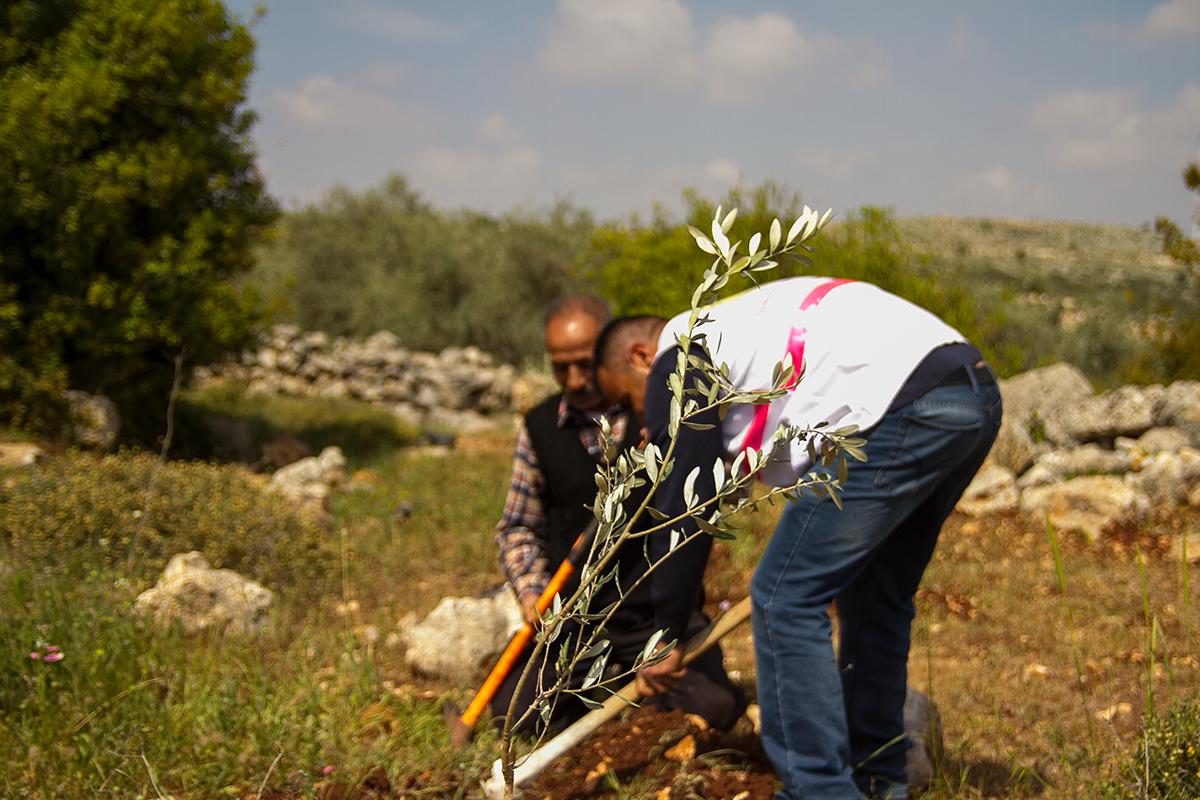Tag: Ariel Settlement
-
Olive tree planting in the village of Bruqin
9th April 2017 | International Solidarity Movement, Ramallah team | Bruqin, occupied Palestine On 8th April 2017 an ISM team joint Abu Skander, a farmer from the village of Bruqin, Salfit district, to plant 30 new olive trees on his field within the village. The village is located close to the illegal Israeli settlement of Bruchin and…


